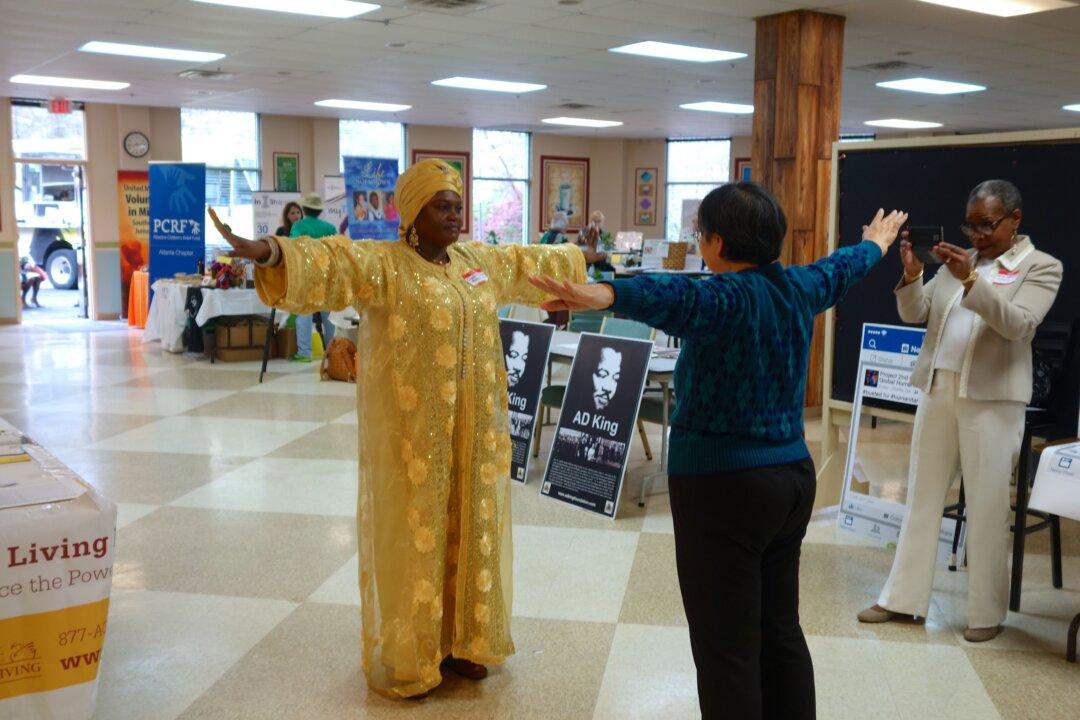The Supreme Court will hear arguments for and against Arizona’s immigration law on Wednesday, April 25. With the passage of Senate Bill (SB) 1070 in April 2010, Arizona became the first of six states to write laws addressing the issue of illegal immigration.
Alabama, Georgia, Indiana, South Carolina, and Utah have all passed similar bills, with Alabama the only state to require school children to prove their legal status. In 1982 the Supreme Court declared a Texas law, similar to that recently passed in Alabama, unconstitutional in Plyler v. Doe.
The Department of Justice challenged the Arizona law on the ground that it usurped federal responsibilities to make and enforce policies relating to immigration and to other nations. According to Arizona Gov. Jan Brewer, her state was forced to pass its own legislation because the federal government had failed to deal with illegal immigration.
“I signed SB 1070 into law because it was the right thing to do,” Brewer said in an April 23 statement. “I have a duty and obligation to defend the people of Arizona, especially when the federal government has fallen down on the job.”
Brewer cited a recent Fox News poll and donations for Arizona’s legal fees as proof that most Americans support Arizona’s law. The poll, conducted April 9–11, showed 65 percent of people nationwide support Arizona’s law, based on a sample of 910 registered voters.
In a congressional briefing, the ACLU described SB 1070 as institutionalized racial profiling. Racial profiling is illegal. “Supporters of these laws want to drive out Latinos by making life so miserable for them that they have no choice but to flee the state. Through these recently passed racial profiling laws, states like Arizona and Alabama are fighting for the authority to determine the racial composition of their population,” according to Laura Murphy, director of the ACLU Washington Legislative Office, on the ACLU blog.
Murphy compared SB 1070 and the other state immigration laws to Jim Crow laws, designed to deprive African-Americans of civil rights after Reconstruction.
States need workers for certain jobs in agriculture and in the tourism and hospitality industries—illegal immigrants commonly do those jobs. Migrant farmworkers, essential to harvesting crops, are often illegal immigrants from Latin America. Farmers and local businesses, in both Alabama and Georgia, suffered because immigrants fled after the immigration laws were passed.
Supporters of the laws cite crimes by illegal immigrants, high unemployment, car accidents by uninsured and unlicensed illegal immigrant drivers, and financial drain on local government services, as reasons the laws are needed.
Former President George W. Bush called for comprehensive immigration reform. Current President Barack Obama has promised to deliver it if he is elected to a second term.
Meanwhile, the Obama administration has broken records for deportations. Under the Secure Communities program, U.S. Immigrations and Customs Enforcement (ICE) officially targets immigrants guilty of other crimes for deportation. It also targets immigrants who recently overstayed their visas, whether they have a criminal record or not.
In fiscal year 2011, ICE “removed 396,906 individuals—the largest number in the agency’s history. Of these, nearly 55 percent, or 216,698, were convicted of felonies or misdemeanors—an 89 percent increase in the removal of criminals since FY 2008,” according to an announcement from ICE Director John Morton.
According to the ACLU, these federal programs are also problematic. “Congress, the Department of Homeland Security, and the Justice Department must terminate all federal programs and practices, including Secure Communities and the 287(g) programs, that foster racial profiling of Latinos and other racial and ethnic minorities,” Murphy said.




